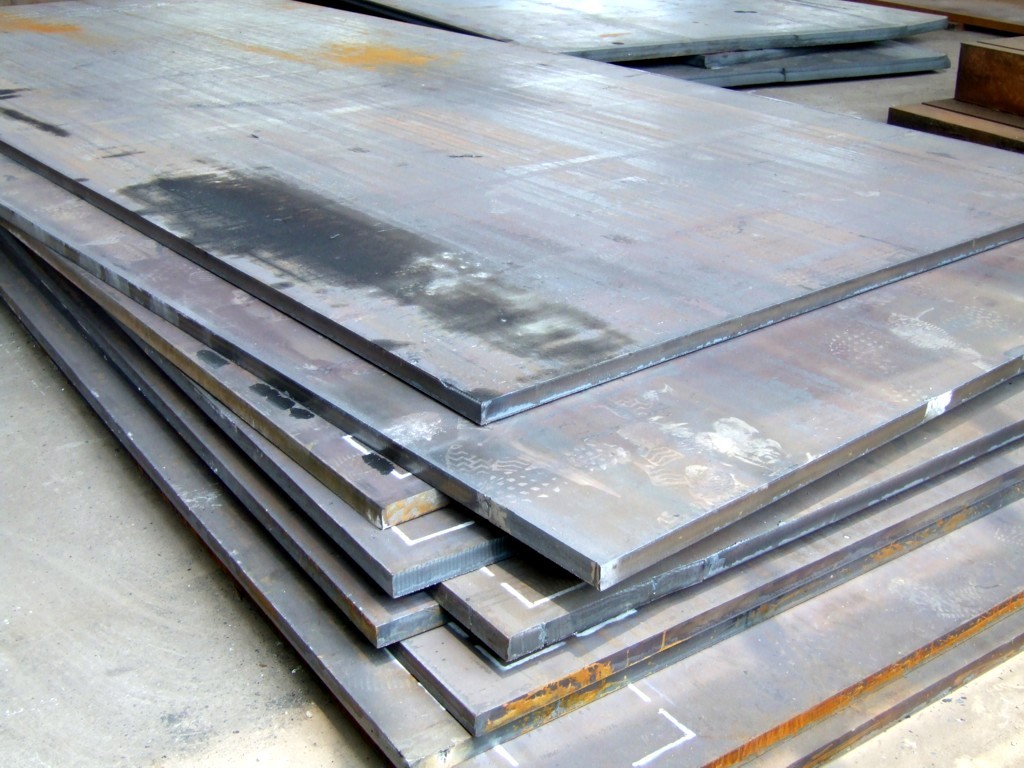In both the industrial and literary worlds, the term “boilerplate” holds a special place—but it doesn’t always mean the same thing. Depending on the context, it can refer to boiler plates used in heavy industries or standardized text in documents. In this blog, we’ll focus on the industrial meaning of boiler plates, exploring what they are, how they are made, where they are used, and why they are so critical in various sectors.
Introduction to Boiler Plates
Boiler plates are heavy, high-strength steel plates specifically designed to withstand high pressure and temperature conditions. These plates are mainly used in fabricating boilers, pressure vessels, heat exchangers, and other structures that operate under extreme stress and thermal cycles. They form the backbone of industries such as power generation, oil & gas, chemical processing, and shipbuilding.
Origin of the Term “Boilerplate”
Historically, boiler plates were large steel sheets used in the construction of steam boilers—massive pressurized containers that heat water to generate steam. These plates needed to be extremely durable, resistant to heat, corrosion, and pressure fluctuations. Over time, the term “boilerplate” was adopted in other contexts, like journalism and legal documentation, to describe something standardized or strong. But in industrial applications, the original meaning still applies.
What Makes Boiler Plates Special?
Unlike ordinary steel plates, boiler plates are manufactured with specific chemical compositions and mechanical properties to ensure they can perform safely under elevated temperatures and pressures. Here’s what sets them apart:
1. High Strength
Boiler plates are engineered to resist deformation and failure even under high mechanical stress. This strength ensures they can handle internal pressure from steam or gases without cracking.
2. Excellent Toughness
Toughness refers to the material’s ability to absorb energy without breaking. Boiler plates need this property to withstand pressure surges and sudden thermal shocks during operation.
3. Corrosion Resistance
Since boiler systems often contain water and chemicals, corrosion resistance is vital. Many boiler plates are treated or alloyed with elements like chromium and molybdenum to resist rust and chemical corrosion.
4. Thermal Stability
Boiler plates maintain their structural integrity even when exposed to fluctuating or high temperatures. This makes them ideal for boilers, reactors, and superheaters.
How Are Boiler Plates Manufactured?
The production of boiler plates involves several key steps:
- Material Selection: High-quality steel alloys are chosen based on required mechanical and chemical properties.
- Hot Rolling: Steel slabs are heated and rolled into plates of desired thickness.
- Heat Treatment: The plates undergo processes like normalizing or quenching and tempering to enhance their strength and toughness.
- Testing and Inspection: Boiler plates are rigorously tested for hardness, impact resistance, tensile strength, and chemical composition to ensure they meet international standards like ASTM, ASME, and EN.
Popular Grades of Boiler Plates
Some of the most commonly used grades of boiler plates include:
- ASTM A516 Grade 70 – Known for excellent notch toughness and used widely in pressure vessels.
- EN 10028 P265GH / P355GH – European standard boiler plates for high-pressure applications.
- IS 2041 R260 / H265 – Indian standard boiler quality plates with good weldability and resistance.
- SA 387 Grade 11 / 22 – Chrome-moly alloy plates suitable for high-temperature and pressure services.
These grades are selected based on the specific requirements of the application—whether the emphasis is on toughness, corrosion resistance, or heat resistance.
Applications of Boiler Plates
The utility of boiler plates spans across several industries. Some major applications include:
1. Power Plants
Boiler plates are extensively used in thermal and nuclear power stations. They form the walls of boilers, superheaters, economizers, and steam drums, helping generate the steam that powers turbines.
2. Oil & Gas Industry
In refineries and petrochemical plants, boiler plates are used to fabricate pressure vessels, storage tanks, and heat exchangers that operate under corrosive and high-pressure conditions.
3. Shipbuilding
Ships often require strong and durable plates that can withstand harsh marine environments. Boiler quality plates are used in constructing ship components like engine rooms, pressure tanks, and steam systems.
4. Chemical Processing
Boiler plates are used in reactors, autoclaves, and other high-pressure chemical processing equipment where mechanical integrity is crucial.
5. Food and Beverage Industry
In food-grade equipment that uses steam for cooking, sterilization, or cleaning, boiler plates ensure hygiene and safe operation without metal degradation.
Boiler Plates vs. Ordinary Steel Plates
It’s easy to assume that all steel plates are the same—but that’s not the case. Here’s how boiler plates differ from regular steel plates:
| Feature | Boiler Plates | Ordinary Steel Plates |
| Pressure Resistance | High | Moderate |
| Temperature Tolerance | Excellent | Limited |
| Chemical Composition | Carefully controlled | General-purpose |
| Testing & Certification | Rigorously tested to codes | Standard testing |
| Application | Boilers, vessels, reactors | Structures, supports, general |
Key Considerations When Choosing Boiler Plates
When sourcing boiler plates, you need to consider several factors to ensure safety and performance:
- Thickness and Dimensions: Based on design pressure and volume requirements.
- Material Grade: Choose a grade that aligns with temperature, pressure, and corrosion conditions.
- Weldability: Ensure compatibility with fabrication methods like welding or bending.
- Certifications: Always check for compliance with industry standards such as ASME, ASTM, or EN.
- Supplier Reputation: Choose a reliable supplier with proven experience in boiler-grade steel.
Conclusion
Boiler plates are a foundational component in the world of high-pressure, high-temperature industrial equipment. They combine strength, toughness, corrosion resistance, and thermal stability to deliver reliable performance in demanding environments. From power generation and chemical processing to shipbuilding and oil refining, boiler plates are essential to safe and efficient operations.
Understanding what boiler plates are, how they work, and where they are used helps engineers, plant managers, and procurement specialists make informed decisions about material selection and equipment design. If you’re building or repairing boilers, pressure vessels, or high-temperature containers, investing in high-quality boiler plates is a decision that pays off in performance, safety, and long-term durability.



